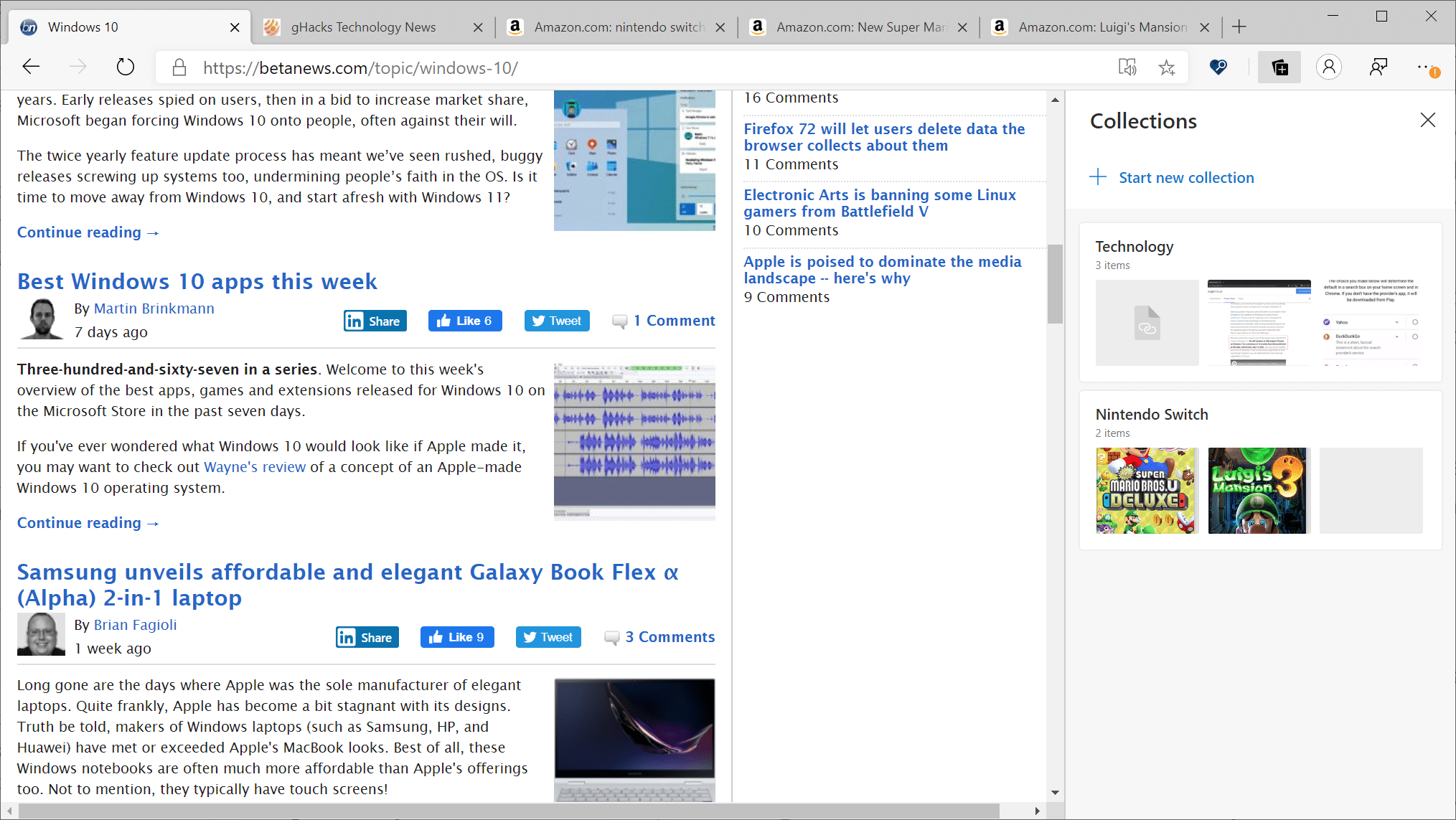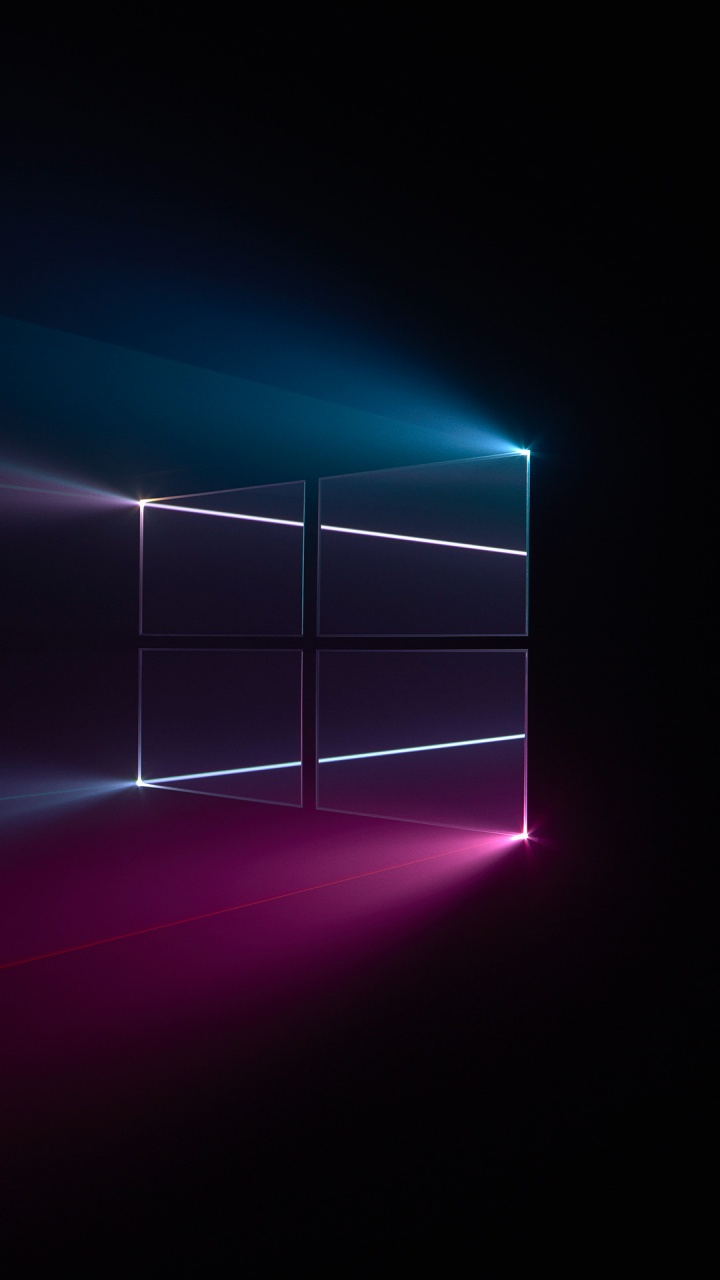- Microsoft Edge Windows 7 Compatibility
- Microsoft Edge And Windows 7 Version
- Is Microsoft Edge Compatible With Windows 7
The migration of Microsoft Edge from EdgeHTML to Chromium allowed Microsoft to make the browser a cross-platform application, so instead of being limited to just Windows 10, it’s also available on other Windows and non-Windows platforms.
So right now, the Chromium-powered Microsoft Edge can be installed on Windows 7, Windows 8, Windows 8.1, Windows 10, and macOS, with a Linux version also on its way without a specific ETA.
As far as Windows 7 users are concerned, the browser will be supported until July 2021, so if you’re still running the 2009 operating system, you can continue using Microsoft Edge on your device for one more year.

Jan 13, 2020 Google announced last week that it's committing to 18 months of support for Chrome on Windows 7, which means that Chromium is supported for as long. Today, Microsoft confirmed to Neowin that it. And the new Edge will still work on Windows 7 for a long time, giving everyone plenty of time to transition to Windows 10 and to see that Microsoft is not, in fact, going to extend support for.
Microsoft Edge landed on Windows 7 earlier this year as a manual download, with the dedicated installers allowing users to install the browser just like any other application.
More recently, however, Microsoft has also started the automatic rollout of Microsoft Edge to Windows 7 devices via Windows Update. In other words, those running Windows 7 are getting the browser no matter they like it or not, and it’s all thanks to update KB4567409.

But as compared to Windows 10, where the new Edge becomes the default browser on systems running this operating system, the automatic update on Windows 7 comes with a different set of changes.
First and foremost, the update is only aimed at consumer versions of Windows 7.
“This update is not intended to target Enterprise devices. Specifically, this update targets devices that run Windows 7 SP1 or later versions and Windows 8.1 or later versions that are either Home, Professional, Ultimate, Starter, or Core editions. Devices that run these editions on Active Directory or Azure Active Directory domain are also excluded from this automatic update,” Microsoft explains.
Then, once the new browser is installed with this update, its icon is automatically pinned to the taskbar, while a shortcut is added to the desktop. If you previously installed the new Microsoft Edge manually on your Windows 7 device, this update replaces the shortcut, thus pointing to you to this new version.
Microsoft Edge Windows 7 Compatibility
What’s important to know is that Microsoft Edge on Windows 7 isn’t supposed to replace Internet Explorer – as compared to Windows 10, Windows 7 shipped with Internet Explorer as the default browser, but Microsoft Edge, on the other hand, isn’t supposed to completely replace IE. So Microsoft Edge lands on Windows 7 without this goal in mind, but to allow users to choose what browser they want to stick with going forward.
And this is why Microsoft Edge also isn’t configured as the default browser on the device, so if you’re running Google Chrome or Mozilla Firefox, no change is going to take place on the computer. This means that while the new Microsoft Edge is installed on the device, you can continue using whatever browser you like just like before.
Microsoft Edge And Windows 7 Version
And of course, if you don’t like Edge, you can just remove the taskbar icon and the desktop shortcut and then forget it exists. Needless to say, you can also uninstall the browser completely and also remove the update if you want to return to the original configuration.
Is Microsoft Edge Compatible With Windows 7
Windows 7 no longer receives updates since January this year when it officially reached the end of support, so it’s now another abandoned platform, with Microsoft recommending everyone to upgrade to Windows 10. In other words, this is pretty much the only update that you’re going to get, as Windows 7 is otherwise an outdated operating system that you should no longer use going forward.
